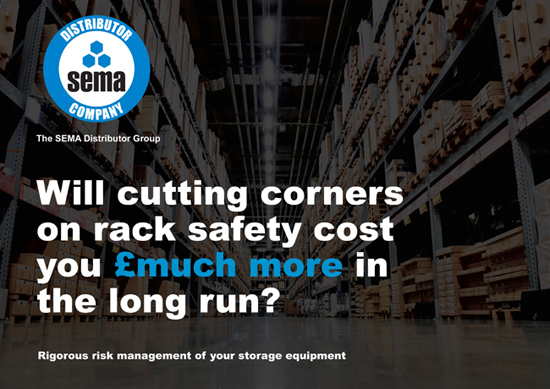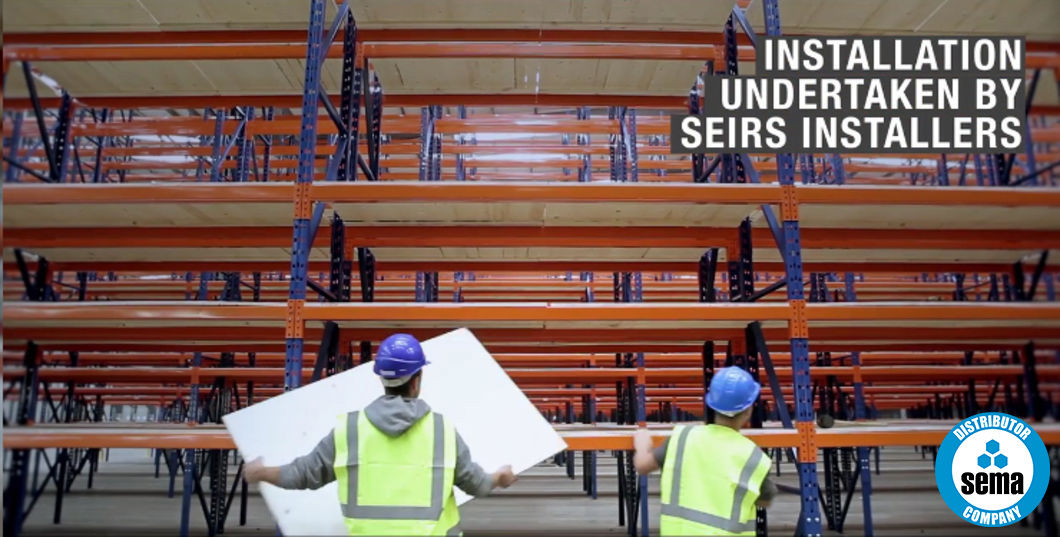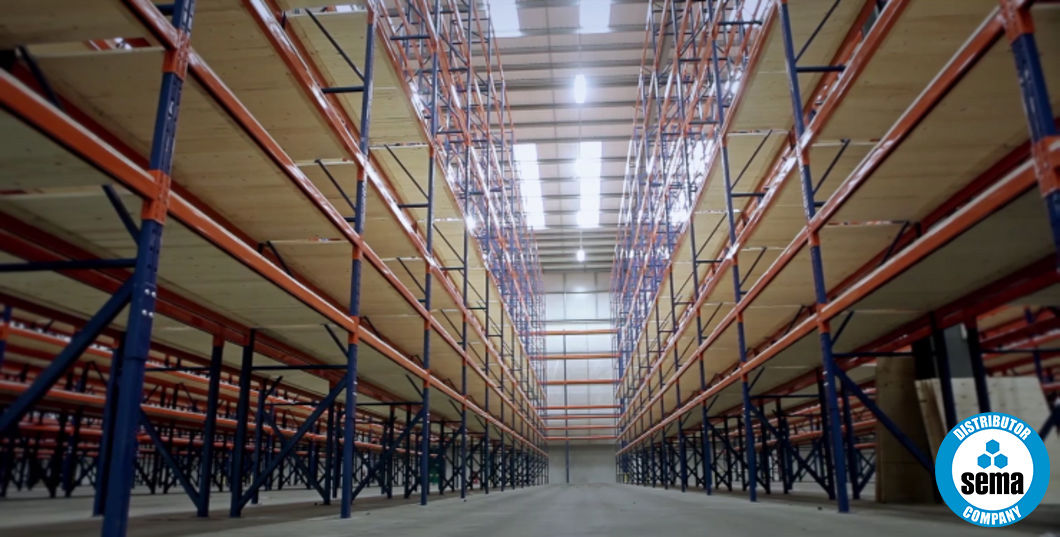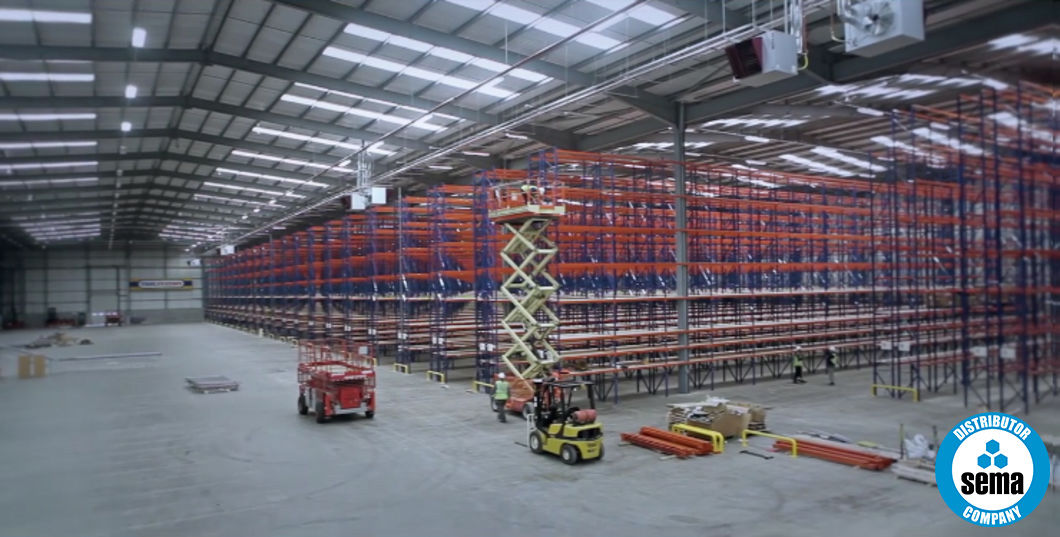SEMA Press Releases
Can you afford to risk it?

Understanding why SEMA members stand out from the rest
Over the last five years, a series of new, tougher Health and Safety laws and regulations have been introduced and harsher penalties are imposed on those who flout the law. The reasoning behind the severity of the new rules is clear. Change for the better was much needed as evidenced by the HSE’s annual report of 2016/17 which states that employers lost 30.4 million working days due to occupational ill health or injury.
Implementation of the new legislation by the statutory authorities has been rapid and as a result, there has been a sharp increase in fines paid by UK firms. Fines for businesses with a turnover of more than £50m now can be as high as £10m for Health and Safety offences. If found guilty of corporate manslaughter, a fine of £20m or even a jail sentence can be applied. Reputations also suffer, as accidents in the workplace have always attracted significant media coverage.
So, what else will happen if the HSE investigates an incident at your premises? If you are found to be in material breach of Health and Safety law, in addition to fines or closure, you can also expect to pay their Fee for Intervention (FFI) which is charged at the hourly rate of £129. The FFI rate covers the time it takes the HSE to identify the breach and to help you put things right. The scope includes investigating and taking enforcement action.
Jonathan Bennett, Chairman on the SEMA Distributor Group said; “While national organisations are usually well resourced on safety issues, SEMA believes that many small to medium sized businesses could benefit from the expert support offered by a SEMA member company as the pressures on SMEs continue to grow.”
How to police your storage suppliers
It may surprise you to know that, like many others, the storage industry is largely unregulated with few barriers to entry, and other than Health and Safety law, there's no regulation to rely on. In SEMA's experience, this lack of structure can sometimes fail end-users who wouldn't take the risk in their everyday lives. Plain common sense tells you not to buy a new gas boiler without checking if your installer is on the Gas Safety Register. And when it comes to that dream holiday, you wouldn't buy it from a company that isn't ABTA or ATOL protected would you?
So how do you police your storage suppliers to make sure that your investment is fit for purpose, will safeguard your goods and protect people from workplace injury?
Reassurance is at hand as there IS a standard you can refer to which is delivered by the inter-related network of SEMA groups. Delivering rigorous risk management of your storage equipment, two relevant SEMA member groups are independently, fully audited on compliance standards.
Independently audited
Four years ago, the SEMA Distributor Group (SDG) set out to differentiate themselves from other storage industry suppliers. SDG members currently have to adhere to over 40 regulations, industry standards, Codes of Practice and legislative requirements.
Today, it is the only scheme in the UK that independently audits the credentials of resellers and distributors of storage equipment. The appraisals follow a three-year cycle and second time around, SEMA Distributor Companies (SDCs) proved that outstanding progress was made since the process was initiated. The evidence-based assessments for the 30-strong group revealed that every single member passed scrutiny, with average scores improving by a comfortable margin to 86%. The percentage achieving Highly Commended doubled to 61%. This means that every single SDC can prove that their project implementation meets and beats the SEMA QA standard by way of independent certification. Since its formation in 2011, SDG continues to grow in numbers and strength.

SEMA Approved Installation Companies
In 2018, SEMA Approved Installation Companies (SAICs) followed suit. This in-depth quality audit was designed to inject further rigour into SEMA group membership criteria. Outcomes were very positive with 23% of companies achieving a Highly Commended score of 90% or above. SAICs are now working towards a three-year program of continuous improvement. Many are also SDCs.
"Both the SDG and SAIC audits are designed to inject further rigour into SEMA group membership criteria. They are a measure of the company's ability to meet customer requirements and provision of a quality service. They assess general business management, Health and Safety, skills, qualifications, training, experience and how that information translates into service delivery."
Wayne Wiggins, author, consultant and trainer, QCS International
Use only SEIRS labour
It is a requirement that all permanent and sub-contract installers engaged by SAICs and SDCs only use installers trained under the SEMA initiative, the Storage Equipment Installers’ Registration Scheme (SEIRS) and these workers must have in-date SEIRS ID Cards.
Beware of impostors
Sadly, we know that there are still a number of companies out there passing themselves off as affiliated to SEMA when not entitled to do so. For over half a century, SEMA has gained an outstanding reputation for setting quality standards across all elements of its activities. SEMA is currently undertaking a series of actions to allow the possibility for potential legal steps to be taken when this occurs, further enhancing the strength of the SEMA brand.
So as the saying goes, “Let the Buyer Beware” and end users should ask to see the SDC’s or SAIC’s current audit certificate before signing on the dotted line.
“Following our ISO recertification audit in 2016, Coca-Cola European Partners (CCEP)conducted a full review of how we manage, maintain and inspect racking in GB in line with SEMA Codes of Practice, HSG76 Warehousing and Storage and the CCEP Material Handling Standard. Our main priority in 2017 and beyond was to reduce risk by standardising our methods with reference to SEMA standards as part of this benchmark.
“We outsource the services of an SDC company to undertake the supply, repair and modification of pallet racking and shelving.”
David Robertson, Senior Manager, Safety, Coca-Cola European Partners.













